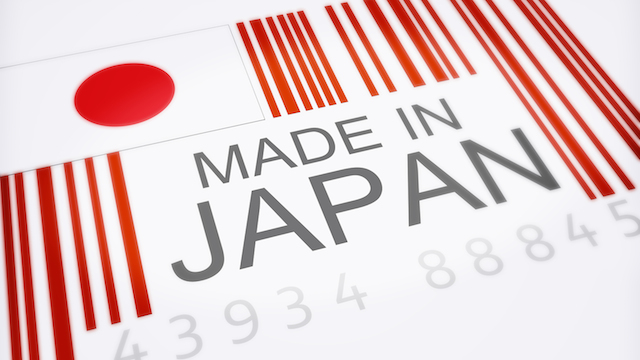The increasing popularity of Japanese products – the buying sprees of Chinese tourists in the island nation led to the term “bakugai” (explosive buying) last year – has encouraged trading firm Etsuyou Tsusyou to import Japanese food, general goods and other products into China.
“There’s no need to travel to Japan and drag back heavy luggage,” says chairman Huang Gang, who says his company can also offer discounts because of falling prices.
Etsuyou has about 30 retail locations, mainly in China’s northeast, and its Dalian outlet devotes a full section to “cross-border” products, including health-food items and haircare products. However, the products on display cannot be bought at the store. The goods are actually stored in warehouses in special government-designated free-trade zones.
Customers wanting to buy the items need to scan the QR cards and pay for them via Etsuyou’s internet retailing platform. The goods are later delivered to their doorstep.
China has set up pilot cross-border eCommerce zones this year in Dalian, Shanghai, Guangzhou and nine other cities where importers can store duty-free goods. The program means internet sellers can avoid much of the red tape that comes with customs and lower transportation and other costs.
In April, the government also reformed tax laws governing cross-border internet retailing. Applicable imports are duty free up to a certain value, and other levies such as value-added tax are only 70 per cent of that imposed on normal imports.
Founded in 2011, Etsuyou had been importing Japanese wares conventionally and selling them at brick-and-mortar locations at up to six times Japanese prices, reflecting taxes, labour expenses, gross margins and other costs. But through using the pilot zones, Etsuyou’s prices have become much more comparable to those found in Japan, says Huang.
Etsuyou Tsusyou takes Japan to China







